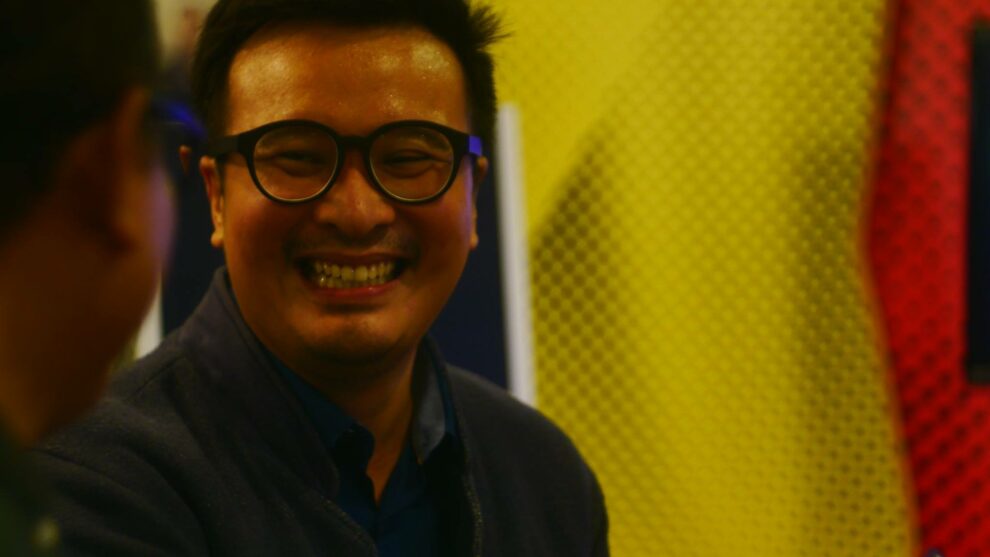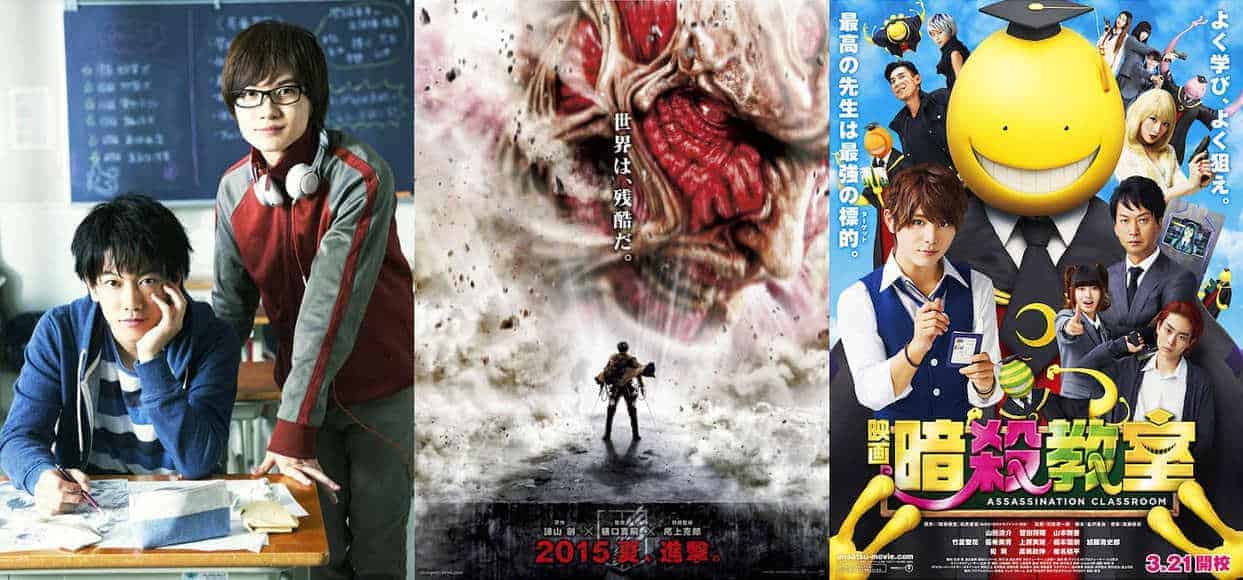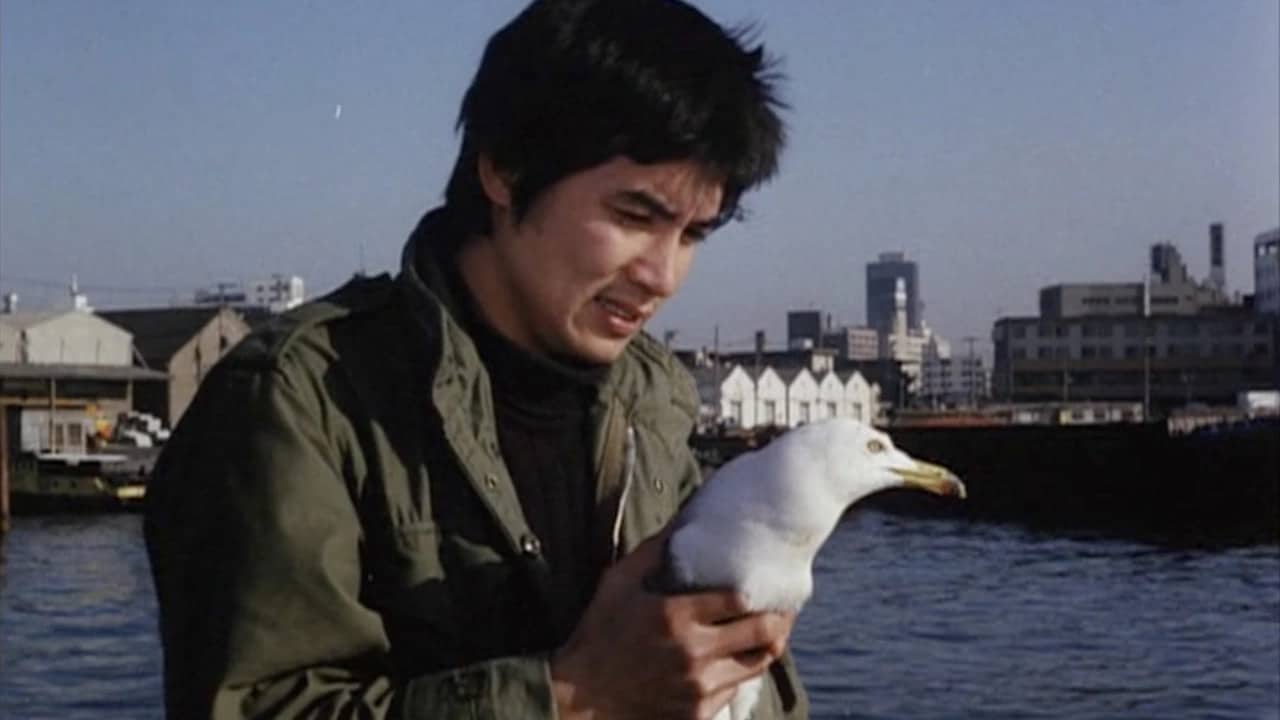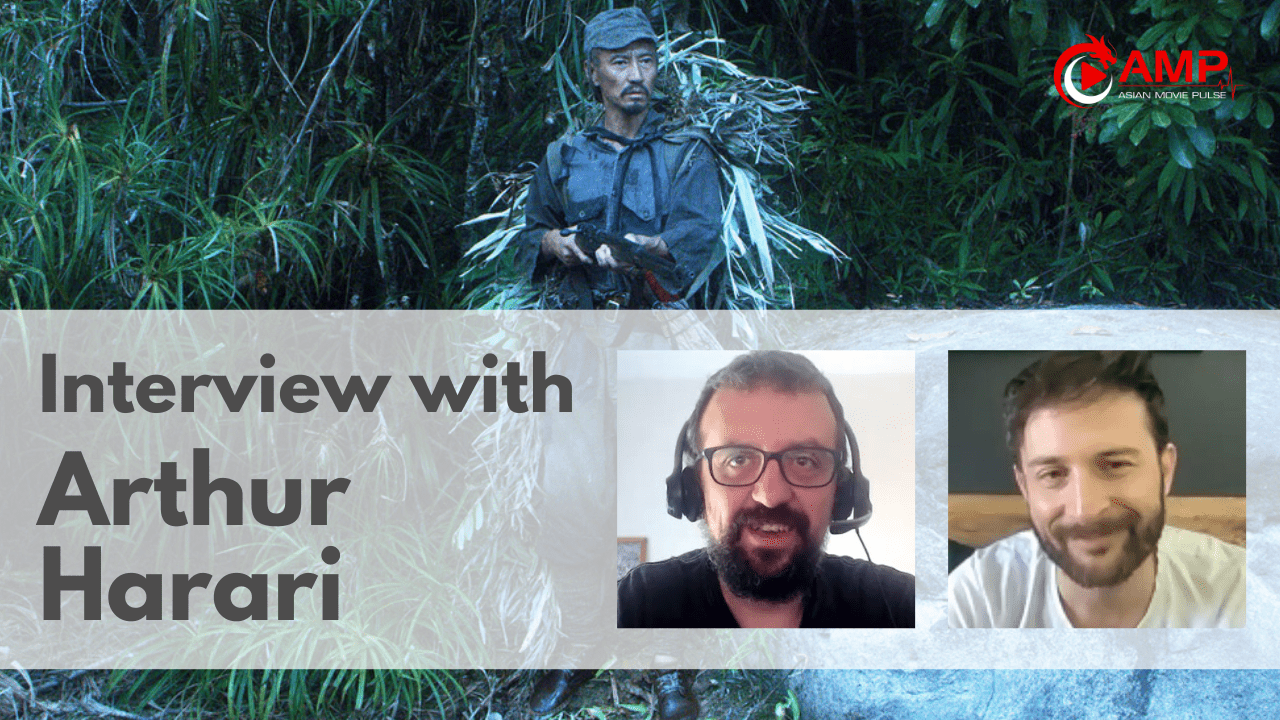After being a high school literature teacher for ten years, Alemberg Ang shifted into a career of film producing. His filmmaking is shaped by his passion for socio-civic issues, and Philippine arts and literature. His films have traveled extensively to festivals in Busan, Cairo, Warsaw, Taipei, Tokyo, Shanghai, Torino and others, working with filmmakers like Loy Arcenas, Antoinette Jadaone, and Petersen Vargas. He was invited to the UNESCO International Meeting of Independent Producers, Rotterdam Lab, Berlinale Talents, Talents Tokyo, and SEAFIC. His projects have participated at Cinemart, Locarno Open Doors, Tribeca Film Institute Network Hong Kong-Asia Film Financing Forum, and Busan's Asian Project Market.
On the occasion of his participation in Qcinema's film market, we talked with him about the role of the producer and the misconceptions involved, producing shorts, documentaries and features and their differences, post-productions, his work in “Plan 75”, “Divine Factory”, and “Liway”, the Filipino movie industry, and his upcoming project with Isabel Sandoval.
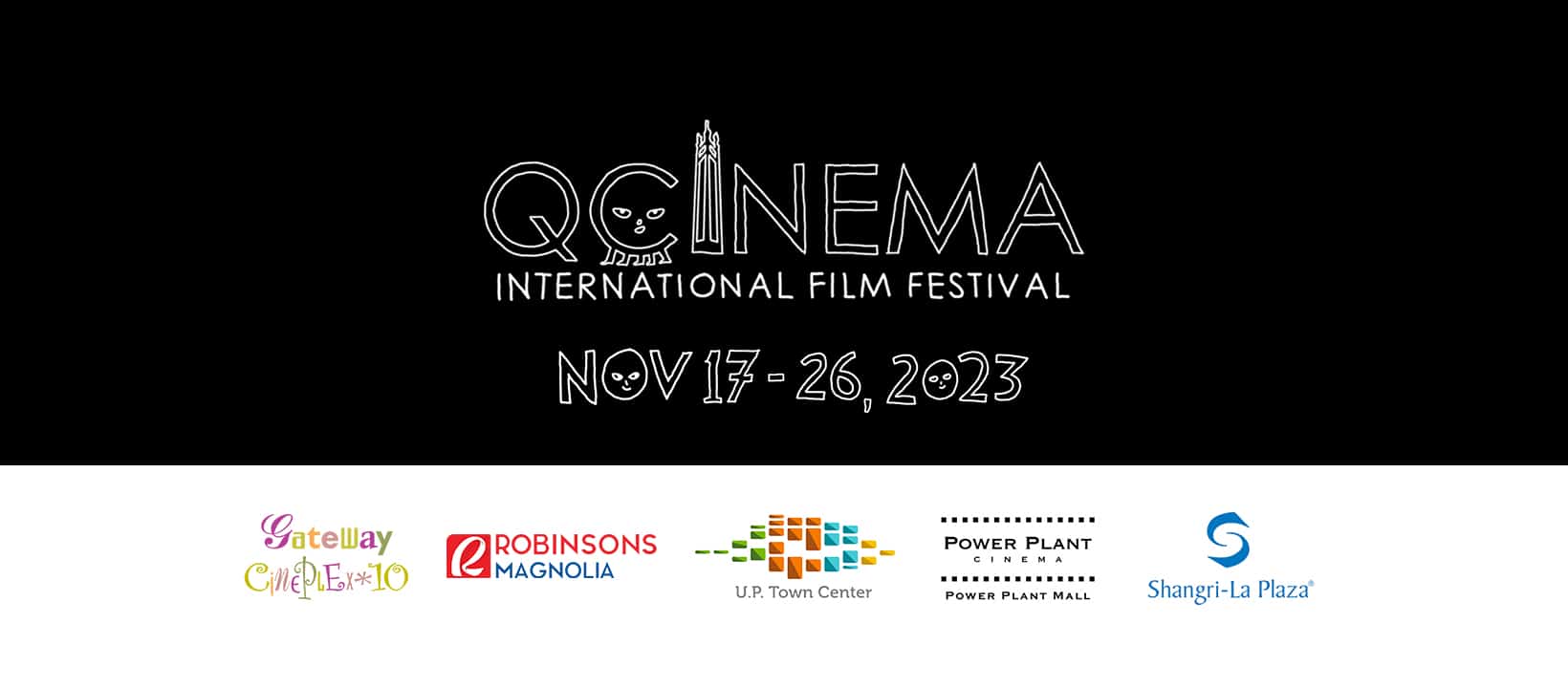
Tell me a bit about the role of the producer in a movie. Because most people nowadays think of a producer as just someone who finds money for movie projects.
They also believe that in the Philippines and they also believe that the producer is the one with the money. In fact, the current administrators of the Film Department of the Philippines removed producers from those who are eligible to receive travel grants. There is this common misconception that the producer is the money, so that is also prevalent in the Philippines. Essentially, they don't see the role of the producer as a whole thing, as someone who raises the money, but more importantly, putting the whole film together.
What would you say are the most significant differences between producing a short and a feature?
Obviously, it is so much easier to do a short. You don't have a lot of budget, and you don't have to shoot for a long time and generally, people are more inclined to help with shorts, so it is easier to produce, easier to make, it is easier to get the people you want to work with, who are normally either very busy or very expensive.
Do shorts get their money back in the end?
No, it also does not make financial sense. Some do, some can be very popular and have a sort of distribution, then they get some of the money back. I think it is very rare for a short to recoup what it was spent.
Regarding money, have you ever had to put your own?
All the time (laughter). Especially if there is a problem with cashflow or you weren't able to get all the funds or something happened as in the case of Covid hitting the set for example and having to shoot additional days. All these mean you have to spend more. And if you have a fixed budget, sometimes there is no choice but to use your own money.
Check also this article
So in the end, does it make financial sense to be a producer?
Yes, it does. I am always told that I am very pessimistic, since when someone asks me, “I want to be a producer, what should I do?” I ask them, “do you want me to be honest or to paint a nice picture?”. Of course, at the end of the day, it's not all monetary, there are some benefits and things that you get from producing that is not just finances and that is basically why a lot of people are still working in doing art projects. It is not just about the money.
So you wouldn't say to a young individual, go and become a producer.
(laughter) It is great, it is a good experience but I would always qualify that sometimes you might have to put in your own money, sometimes you might have to spend money before you get it to funding, and you also have to prepare your dossier, in case for example you need to hire a graphic artist. If you travel on your own, that is additional expenses, but that is also where you meet different people and that will grow your network and eventually you will find other people whom you can work with. So, there are a lot of benefits as well.
To talk about some of the titles you have worked in, how was the experience with “Plan 75”?
Initially, I was supposed to fly with an actress to Japan, so that I would be there for the shoot. Unfortunately, it was another variation of Covid striking at the time, and Japan closed its borders again and they are one of the strictest in that regard. Therefore, I wasn't able to fly out. I was very excited to see how films are produced in another country, especially Japan, but I wasn't able to. Because the story demanded a Filipino actress, when Japan closed its borders, we immediately had to find a Filipino actress living in Japan. And fortunately, we already had past auditions with Filipino actresses for a different role in the past, so we looked at the past footage and found some that matched that age and look, and then we invited them to come in and audition, and we were able to find Stefanie Arianne.
But she had some accent when speaking in Tagalog, so she didn't sound look like she is from the Philippines. Therefore, we had to, in a very short amount of time, help her fix her accent, get her a language coach and then on set, I was on zoom listening and the mics were patched on the Zoom so I could hear the dialogue. So, every time there was a Filipino scene, I would be patched and I would be watching, and that was very interesting. Apart from that, I didn't have any experience of being on the set.
How was “Divine Factory”?
It took a very long time. Joseph Mangat initially wanted to do a feature narrative and the footage he shot at the factory was just research material. But we found the factory to be very interesting so we went back and continued filming and then eventually turned it into a documentary. Only after we had a lot of footage and we were starting to end it, we realized the LGBT component of the factory. So that came much later in production, during editing, so from then on, we went back and focused more on the LGBT aspect.
Check also this article
And how does the financing for documentaries work?
It is the same as the shorts, it is all out of pocket. For example, we may receive a small grant and then we will use it or put in our money and ask friends or family to help.
I consider documentarians the true heroes of the movie industry, because it takes so much time to shoot one and you very rarely get your money back.
It's true. I guess with documentaries, there is a possibility where you will be able to sell to TV, but you just have to cut the documentary shorter.
Tell me a bit about “Leeway”.
It is a Cinemalaya film. To be honest, I have kind of stopped working in Cinemalaya films, only because I know it is extremely difficult to raise the money and the length of time to do the films sometimes does not allow you to make a good film, cause you are very rushed. So I kind of stopped, but the director, Kip Oebanda approached me with this super interesting story and I liked his vision for the story. Then he was even able to get a co-writer to help him make the story even stronger, the script stronger. And he told me that he already had financiers and all we needed to do is make sure we don't spend more money than what we had. With that, I came onboard and helped shoot and watch after some of the creatives and make sure that everything is handled well and we shoot on time and all that.
How involved are you usually in the whole process, the casting let's say for example?
Generally, I am very involved, but of course, at the end of the day, it is the director's call. I am very hands-on during production, I will be on set most of the time. If I have no commitment, I will be there everyday. There is a point, maybe a few years back I was even told I was a micromanager, like looking at every single element of the group, but I learnt how to let go a little bit and trust the people hired. That is a healthier relationship with the people on set.
Do you usually fight with the directors?
It is inevitable but at the end of the day, for me, as long as I see that it's worth it, that the money that you spend for something extra is very important for the film, I usually give in. However, if I feel we only have this much money and the director wants to do so much more that will not significantly help the film, I do not usually give in. That is usually the disagreement with the director.
Festivals in the Philippines frequently help directors make their films. What do you think of this concept?
It is like a double edged sword. It is good because we discover a lot of talents and a lot of stories and we get to show what we can do. But unfortunately, because the budget is not enough, the time to make the film is not enough, and the stories are not developed well. And I think that is the thing with every story, the script has to be very solid. So, sometimes you see a story that is very very strong, the topic and the themes are very very strong but then you feel like, maybe they should have fixed the story a bit more, the film a little more essentially. Sometimes you see the director's dedication but also that they run out of money or they run out of time, because due to the short budget and the short shooting time, everything is rushed. I wish we could put more care into the films that we get to do and I think that would be more careful than making a ton of films. Some filmmakers would go into debt because they spent so much. I feel that is the negative part.
Are you also involved in the script writing process?
I must say that is my weakest point. I do read and give my feedback on the script but I usually get a script consultant or a creative consultant who will deal more with the script.
Check also this article
It is my impression during the last years in Asian cinema, and particularly in Japanese and Korean movies, that they tend to be longer than they “should” be. That's not the case with Filipino movies though.
That is because they don't have the budget to shoot more (laughter)
Did you ever have an instance when you had to tell the director he needed to cut the film, not for financial reasons, but for creative reasons?
Yes, I did, it was actually a mainstream project. Because we were already halfway through the shoot and the edited footage was already three hours long.
What is your opinion of streaming?
I honestly have no biases against film or streaming. At the end of the day, it helps, it gives everybody work, some platforms even allow filmmakers to do what they want to do and sometimes, if they pay well, that is good, they can use the money to make their arthouse films.
Can you tell me a bit about your collaboration with Momo Films?
We have been working together a lot. My cooperation with Singapore actually started with Anthony Chen, at that time Si En Tan was still working with Anthony but eventually she started Momo Films. And because we have a very strong connection, we have the same ethics, the same professionalism, the same drive and passion for our work, we started looking for ways to cooperate and work with each other more.
Is co-production the future, in your opinion?
I think that is the best way to go. Because one territory might not be enough to recoup but if you have several territories to show the film, and even though you may not earn that much, if you put them all together, it is still something. At the same time, co-productions are allocated more funding, which is also very helpful.
Is it better to co-produce with Asia or Europe for example?
At the end of the day, as long as there is talent and money, it works with either. It is actually easier to co-produce with Asia, because it is easier to travel, you have the same cultures and way of working while in Europe, it is completely different, it is night and day. Of course, there is more funding there, so in that aspect, I think it is still good and working with different regions has its pros and cons. At the end of the day, where you are able to find the money and the talent and the help with the vision of the filmmakers and you get the film done, is where you should go.
How would you describe the Filipino movie industry at the moment?
It is very sad. After the pandemic, it is really really bad. We were doing so well before, if you look at the statistics. Of course, you can also notice it was already going down. Not quite significantly but I feel like the pandemic really pushed it further.
What about the star system? Does it work for movies?
Yes. Theater bookers would book films mostly for stars, if there is a star involved. And audience would also pay attention to films that stars are involved. It is not full proof, there are films that have tried to put big names in, but if the film is not that good or maybe a little boring or it is not promoted well, then it will still not do well. It gets your foot in the door, but to actually break through, sometimes there is still luck involved.
Check also this article
What are you working on next?
I am finishing the post-production of “Some Nights I Feel Like Walking”, a feature narrative by Petersen Vargas. We got the Singapore fund and Stefano Centini of Volos Films from Italy and Taiwan is also helping us with post-production. I have a documentary feature, “Tens Across the Borders” which we shot in the Philippines, Malaysia, Thailand, New York, Norway. It is basically about people from the LGBTQ community who were involved in what is called ballroom, but not the Latin ballroom dancing, more the ones that were started by the black and Latino queers of New York, and that tradition starting in Asia. We are documenting how it started in SE Asia. That is also in post-production, the director is editing at the moment. Right now, after “Bold Eagle” did well in Fantasia and New York, we have another big festival coming. While we are doing that, we are developing Whammy Alcazaren's next feature called “Noodles” and we are developing that at Mylab, that is why we are going to Jogja. And of course, Isabel Sandoval's “Underworld”. She is taking this opportunity to shoot again in the Philippines. After working in Hollywood and internationally, she wants to work with Filipino talents again, Filipino setting, Filipino story. We are filming this next year and this is why I am here, at Qcinema's project market, I am pitching this. I have other projects, but are still in development.
You work non-stop, don't you?
I enjoy what I do and if you are enjoying what you are working on, it just doesn't feel like work.
Is there a director that stands out for you, from the many that you have worked with?
I think I am very privileged to be working with Isabel, I've long loved seeing her work. I saw it many many years ago in Cinemalaya and since then we kept in touch and I am amazed at how much she has achieved since then. That is why when she asked me to produce her film, without even knowing what it is about, I still said yes.


